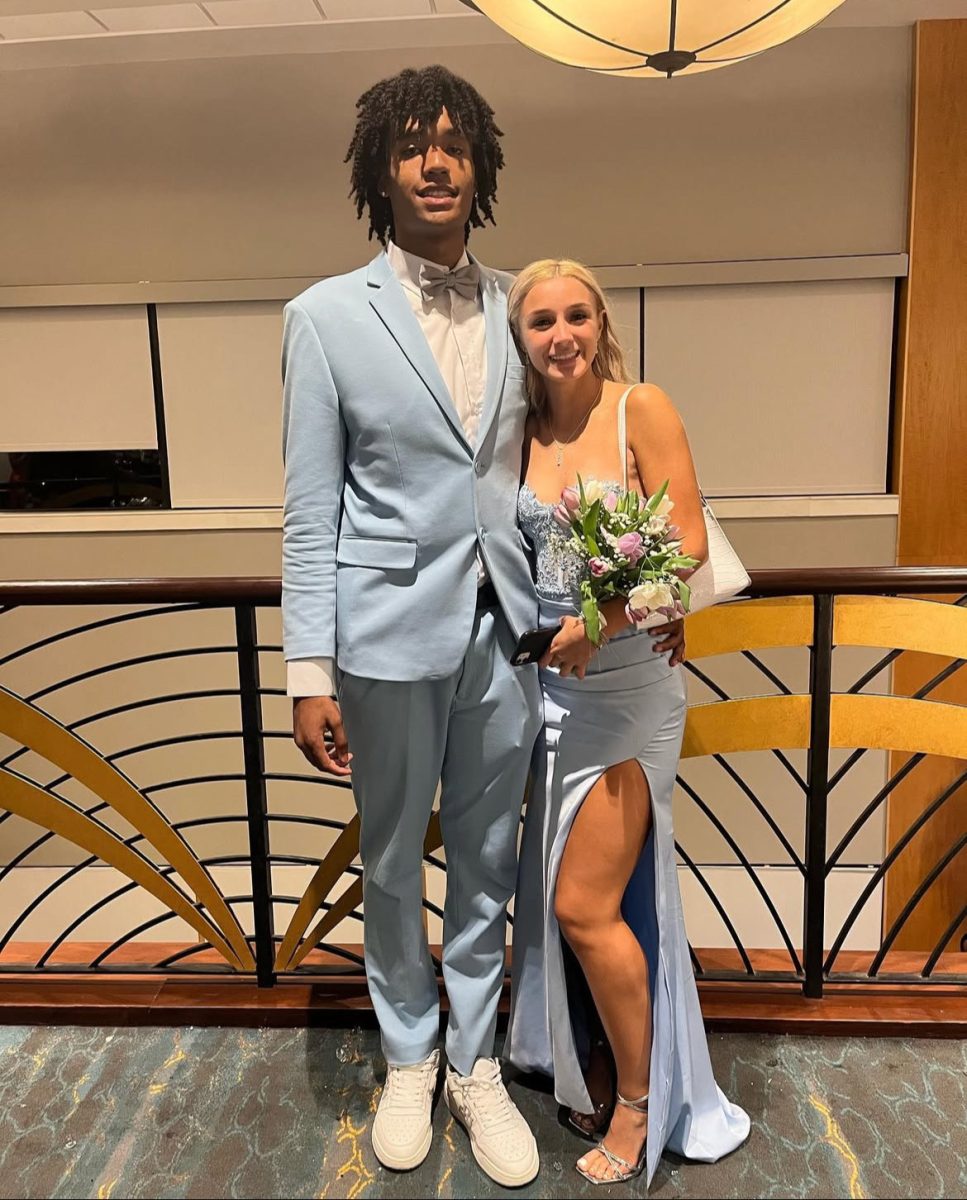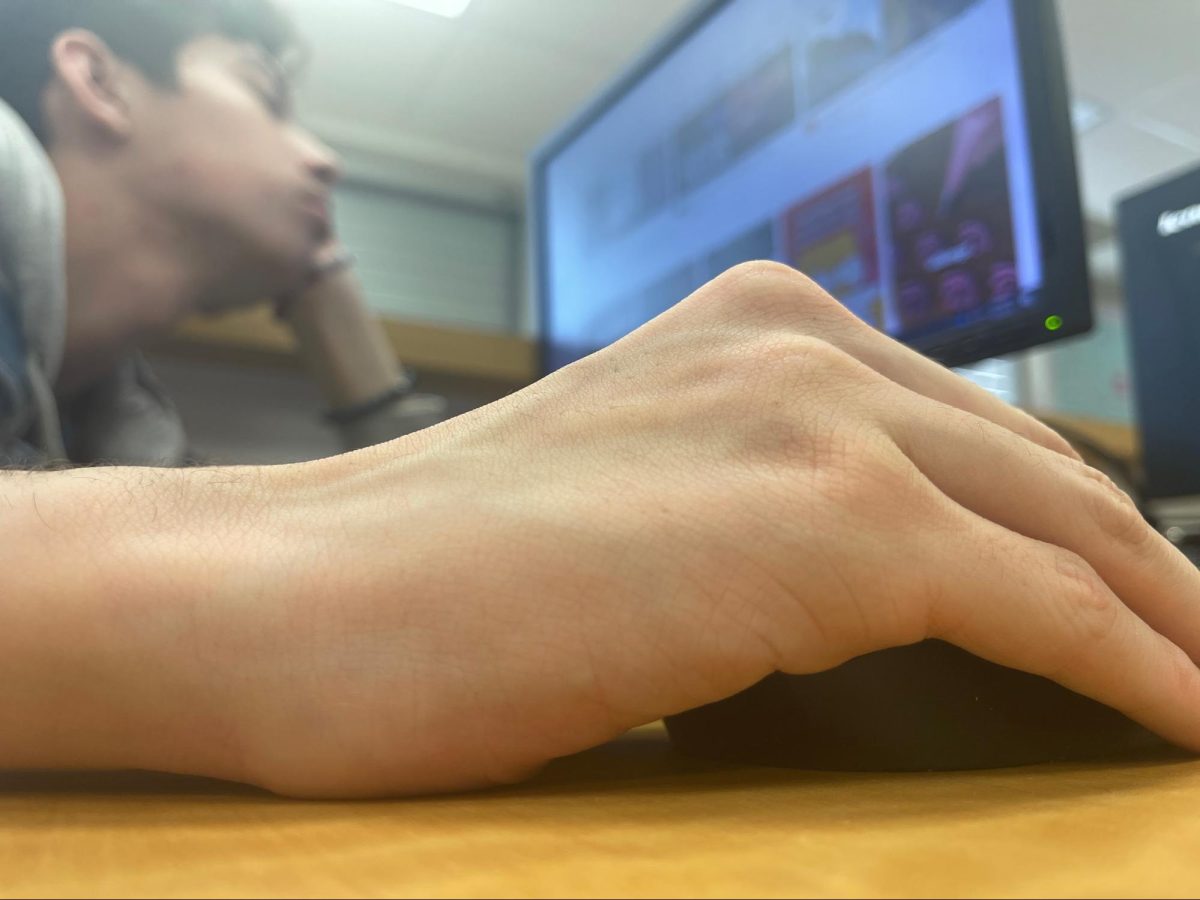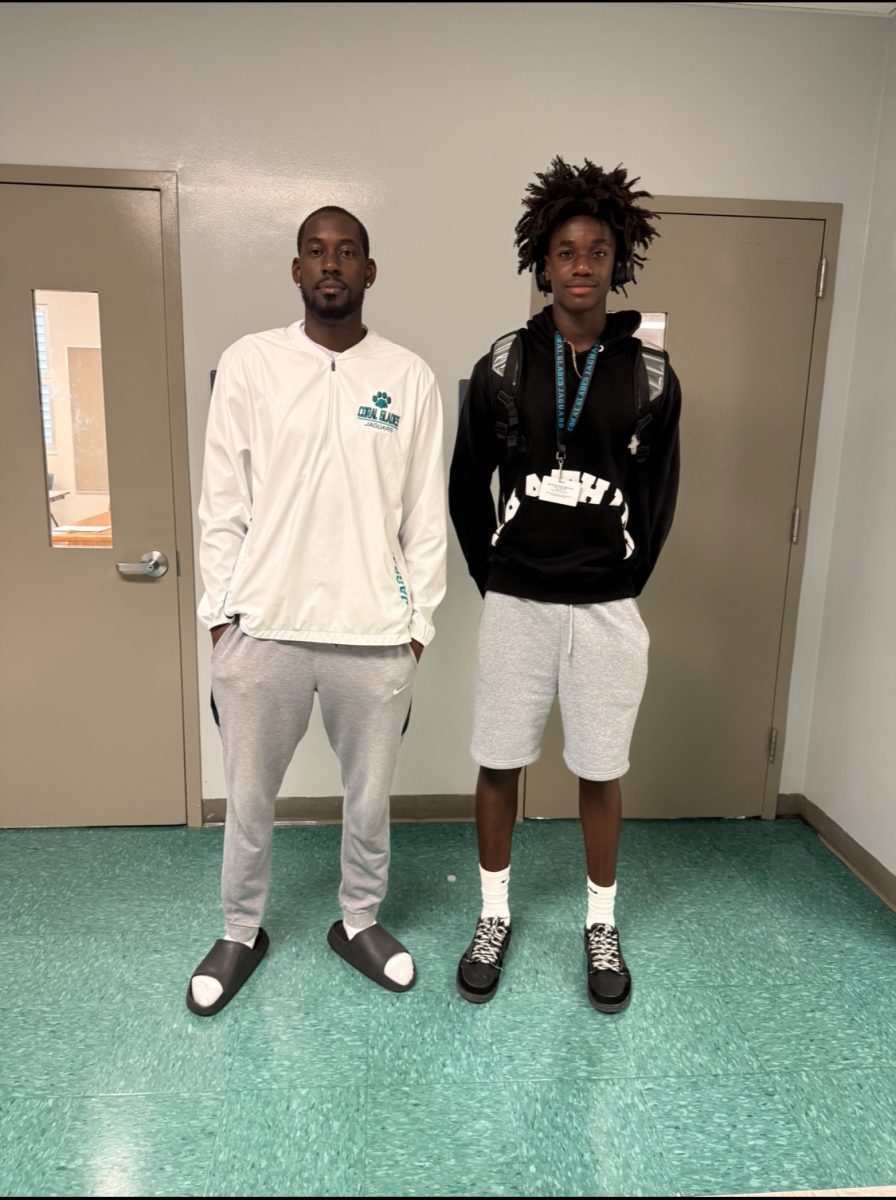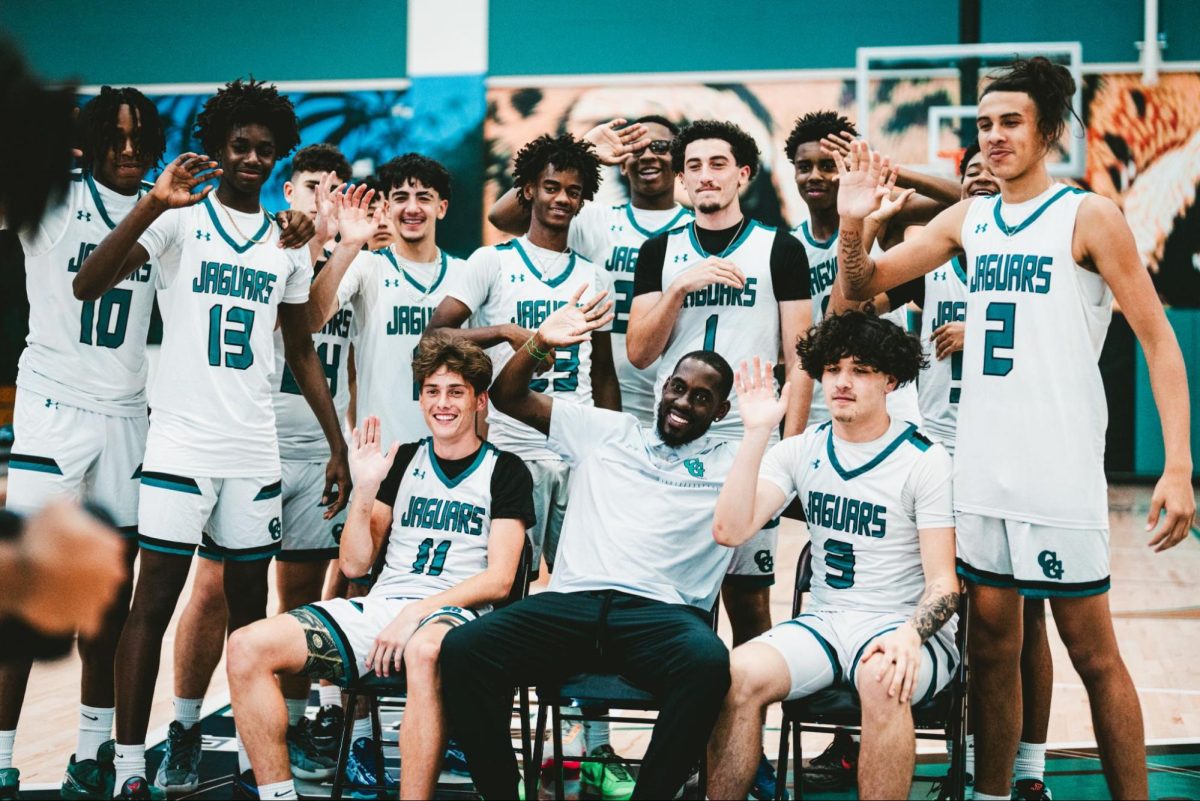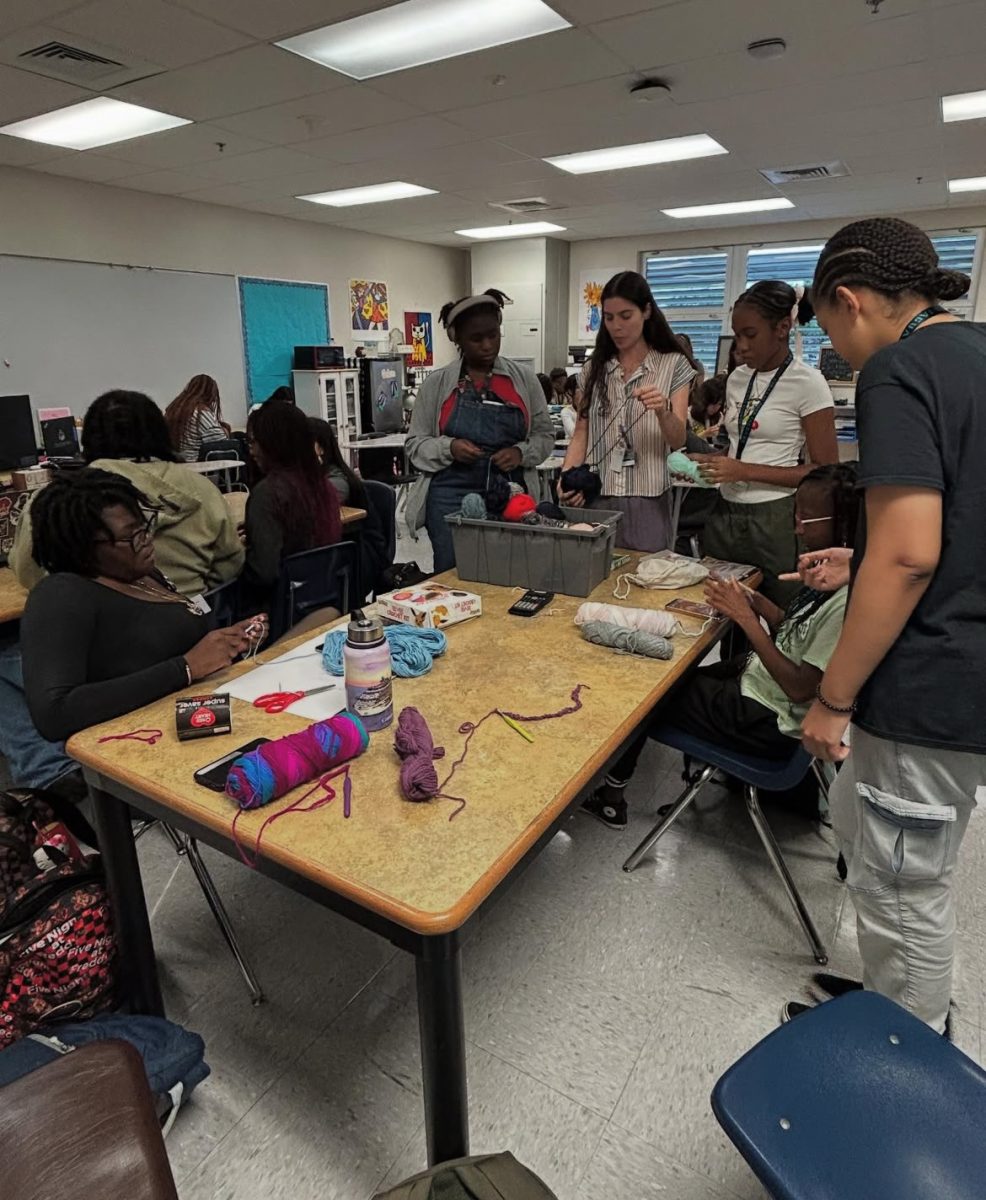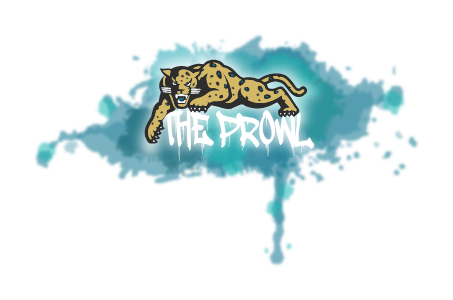A Wisconsin resident has been experimenting with snakes for the last two decades. Tim Friede, a self-taught herpetologist, someone who studies amphibians and reptiles, has revealed that his fascination with these deadly reptiles has taken an unexpected turn, potentially leading to a groundbreaking development in the treatment of snakebites. For almost twenty years, Friede has intentionally exposed himself to the venom of snakes like the black mamba and cobra, two highly venomous species of snake. According to Friede, he has been doing this to build up a natural immunity to their venom.
Although medical professionals would view this practice as reckless and extremely dangerous, scientists have taken notice of Friede’s unusual endeavor. To identify the antibodies Friede’s body has produced to fight the snake venom, researchers at Columbia University have been analyzing his blood.
Freshman Lyla Squire says, “This guy seems insane. Not only is this highly dangerous, but it’s unnecessary. With time, we are going to make these advancements regardless, so I just feel like there is no reason he should be endangering himself like this.”
In a recent study that was published in the journal “Cell,” the researchers made a noteworthy discovery. They discovered that Friede’s blood contained two potent antibodies that could neutralize the venom of a variety of elapid snakes, which include cobras, mambas, and taipans. The development of a possible universal antivenom has been made possible by this discovery.
Since most antivenoms available today are species-specific, victims of snakebites frequently need to identify the snake to receive the appropriate care. This can be difficult, particularly in areas with a variety of snake populations. Treatment for snakebite could be revolutionized by a universal antivenom that works against multiple species, potentially saving countless lives and preventing crippling injuries.
The findings are encouraging, even though the study is still in its infancy and has only been tested on mice. Researchers are optimistic that more investigation and clinical testing will result in the creation of a widely useful antivenom for human consumption.
Sophomore Jonathan Hardy shares, “I applaud Friede for his bravery, not many would be willing to put themselves in such an uncomfortable situation for the sake of others.”
Having survived hundreds of bites and self-injections over the years, Friede is aware of the dangers associated with his self-experimentation and strongly cautions anyone who tries to imitate his behavior. He does, however, say he hopes his unusual experience will eventually lead to a breakthrough in medicine that could save lives. His commitment, fueled by an interest that developed into a desire to assist others, might represent a pivotal moment in the struggle against snake venom.


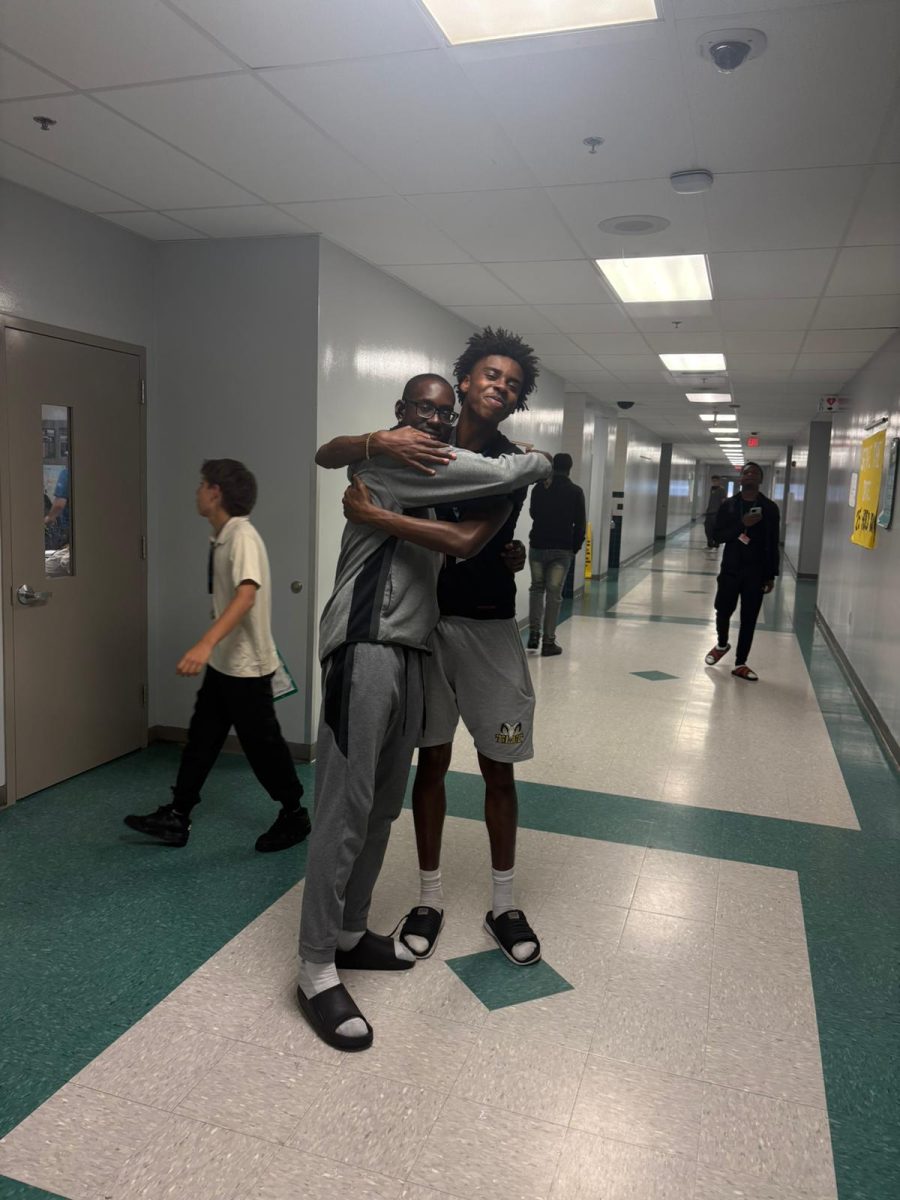





![[Photograph of an Italian sandwich] Photo Creds: https://www.thepioneerwoman.com/food-cooking/recipes/a42398453/italian-sandwich-recipe/](https://cghstheprowl.com/wp-content/uploads/2025/10/image1.png)







